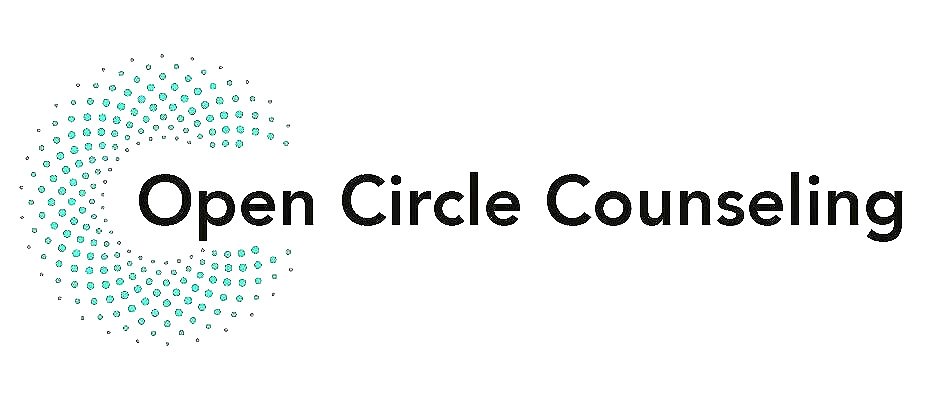Antarctica had some of its hottest days on record this past February, and my first response was a gut-level sickening dread. I’ve felt this way before, and my mind quickly supports my body by creating worst case scenarios. I then spin out fast—or shut down fast.
I’ve gotten tired of living in the extremes, as have my clients, so I’ve been working on how to fill in the middle ground of this all-or-nothing reaction. Part of the answer lies in staying in the present moment as much as possible when the big surges of dread, fear, sadness, anger and anxiety happen.
I’ve come to realize that dread (and other feelings) can be a signal that one has entered the territory of being aware that one is feeling—feeling vulnerable, scared, lost, and/or out of control. There could be a deeper truth one senses but does not want to face—or can’t yet face. And when all these fearful parts are vying for an answer, a solution, a fix in order to minimize feeling the feelings—it can be hard to not immediately follow their lead.
Here are two things that have helped myself, and others, manage the reactions that climate-news whiplashes bring. It starts with getting more savvy at staying in the here-and-now. Although these two tips may not directly address climate-change, they can help us cope with the combination of daily life challenges mixed with climate-related anxiety and stress challenges.
Cut back on multi-tasking. Getting busy can initially be a helpful and healthy way to take action, to feel engaged in something positive. Choosing distraction on purpose, as a way to self-regulate big emotional up’s and down’s can also be helpful. That said, chronic multi-tasking is not helpful. We get confused, drained, and strained.
Our lives seem to be filled with multi-taking, or short attention span activities. Our nervous system can get used to this type of stimulation, and after a while, it may seem like being scattered and flitting from thing to thing, past to future is normal operations.
And yet you can choose to narrow down. Even in a harried moment of writing an email, while hearing people talk, while feeling heavy and off because of a fight you had last night, while having your phone blow up with texts, while needing to make a dentist appointment, while still shaking off the article you read about Australia burning, while remembering a meeting you aren’t prepped for, while internally yelling at yourself to do more, and do better, to keep it together— you can choose to focus on just one of these streams. Hear the chatter of the people, decide if you want to invest in headphones or earplugs, then move on—focus on writing the email, notice each letter you type. Take some breaths. Then attend to the next thing. And the next.
You can also make the decision to carve out some amount of time to practice doing just one thing—and commit to immersing yourself in that one thing. Even washing a mug and focusing on the sensations of water on skin, hands moving, soap bubbling, is a practice you could probably incorporate once a day, for as short as 30 seconds.
Experiment with giving yourself time, even ignoring conventional time. Part of the work of coping with new unknowns via climate-change is the process of becoming more flexible, spontaneous, tradition-deviant, courageous, collaborative and strong. These qualities are important to hone because they are skills that will help us continue to adapt, to increase our comfort-ability with being uncomfortable, and will encourage our minds and bodies to problem-solve in more non-linear, creative ways. And can help us stay in the now.
One way you can embrace fluidity, lack of control, paradoxes, loss, adjustments is to engage in play, wonder and dreaming—which requires us to slow down. Float on a raft in a lake, lie in a hammock, look at the stars, build a thing, lose track of time. Get absorbed in something fully that feeds you, inspires you. This is different than losing yourself in a fantasy—this is basically taking a break from future-ing or past-ing in order to be able to jump back into the overwhelming, scary stuff.
You may have to work on giving yourself permission to lose track of time—for the phrase, “waste of time” can be cunning and deep. Notice if you create some open time for yourself, then feel guilty for not attending to other things. It may take some time and validation from yourself, and someone else, to fully immerse yourself in losing track of time.
If you are experiencing anxiety because of climate change, climate therapy could help. Reach out to me through my contact form to start your healing journey.
